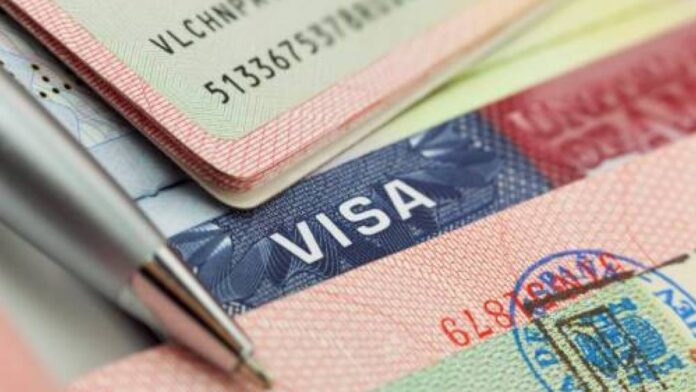The government of the United Kingdom (UK) has increased fees for some categories of visas to visiting Nigerians.
Visit visa to the United Kingdom for less than six months will now cost £115 (about N111,878.28 ) as opposed to £15 (14,592.70) effective October 4, the UK Home Office has announced.
This translates to about 667 per cent increment, Saturday PUNCH can confirm.
Student visa fee has also been increased from £127 (N123,537.58) to £490 (N476,677.59); representing a 286 per cent increment.
The increase, the government said, would enable it to pay for ‘vital services and allow more funding to be prioritised for public sector pay rises’, adding that the review would take effect on October 4.
The UK government made this known in a statement, ‘New visa fees set to come into effect next month’ published on its website, gov.uk, on Friday, following legislation being laid in parliament on Friday.
“The changes mean that the cost for a visit visa for less than six months is rising by £15 (N14,592.70) to £115 (N111,878.28 ), while the fee for applying for a student visa from outside the UK will rise by £127 (N123,537.58) to £490 (N476,677.59), to equal the amount charged for in-country applications,” the statement partly read.
In July, the government announced a 15 per cent increase in the cost of most work and visit visas, and an increase of at least 20 per cent in the cost of priority visas, study visas and certificates of sponsorship.
The statement added, “Income from fees charged plays a vital role in the Home Office’s ability to run a sustainable immigration and nationality system. Careful consideration is given when setting fees to help reduce the funding contribution from British taxpayers, whilst continuing to provide a service that remains attractive to those wishing to work in the UK and support broader prosperity for all.”
The changes, according to checks by Saturday PUNCH, include fees for up to six months, two-, five- and 10-year visit visas.
The majority of fees for entry clearance and certain applications for leave to remain in the UK, including those for work and study were also increased.
Also increased were the fees for indefinite leave to enter and indefinite leave to remain; convention travel document and stateless person’s travel document; health and care visa; fees in relation to certificates of sponsorship and confirmation of acceptance for studies; the in and out of country fee for the super-priority service and the out of country fee for the priority service.
It noted that the settlement priority service would reduce so it would be aligned with the cost of using the priority service. Applications to register and naturalise as a British citizen and the fee for the User Pays Visa Application service were also increased.
However, the statement noted that subject to parliamentary approval, the immigration and nationality fees would increase from October 4.
“Today’s changes do not include the planned increase to the Immigration Health Surcharge, which is scheduled to be introduced later in the Autumn,” it added.




